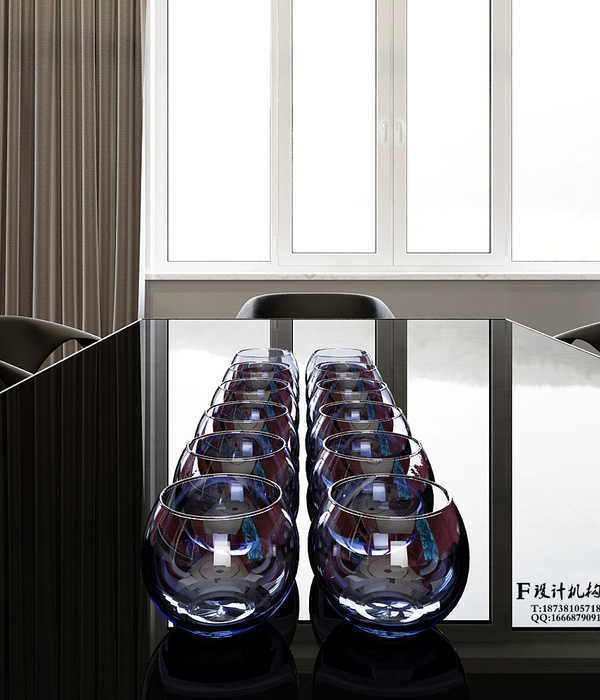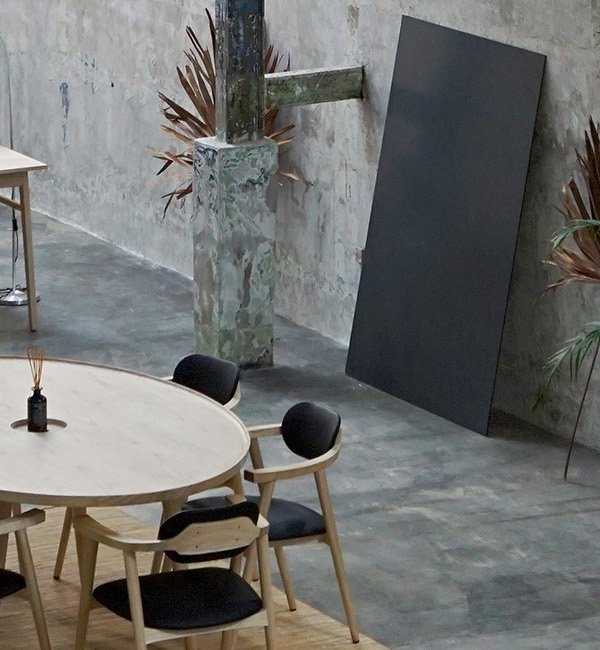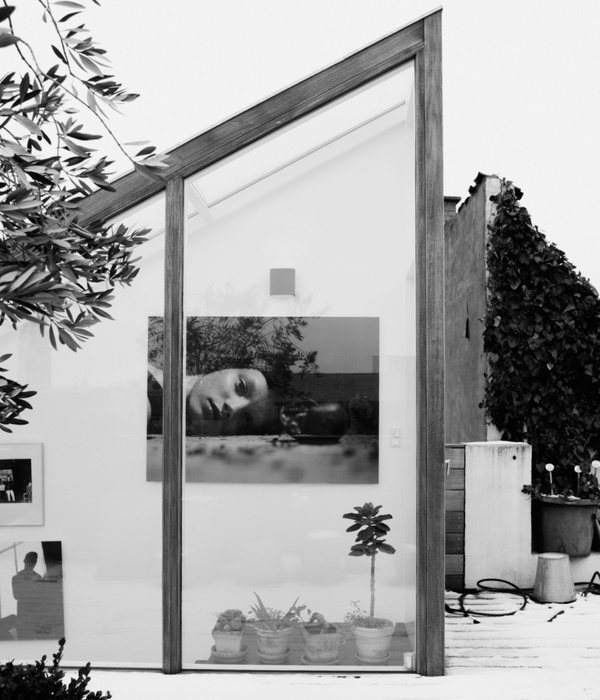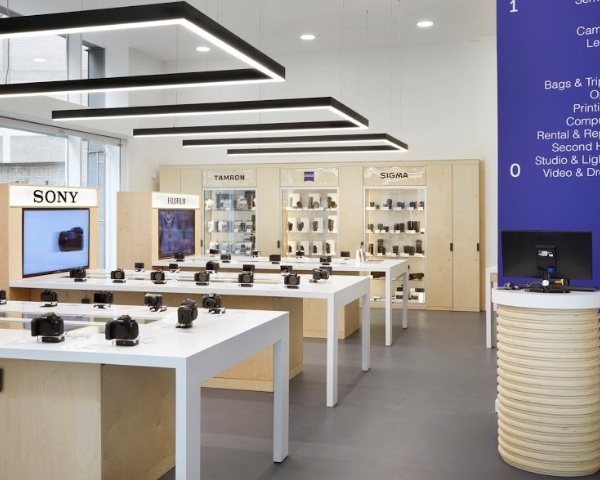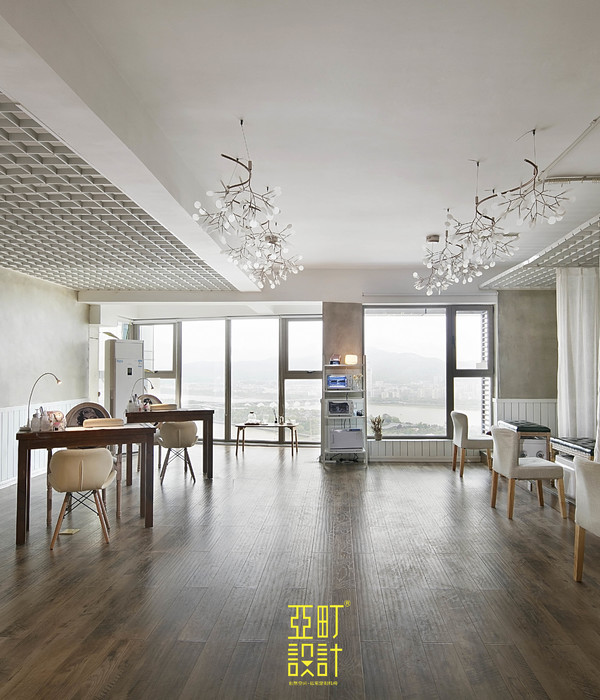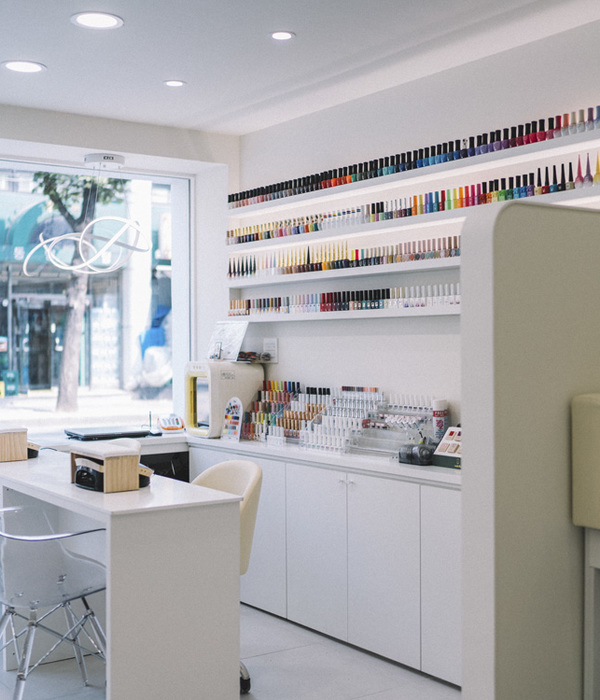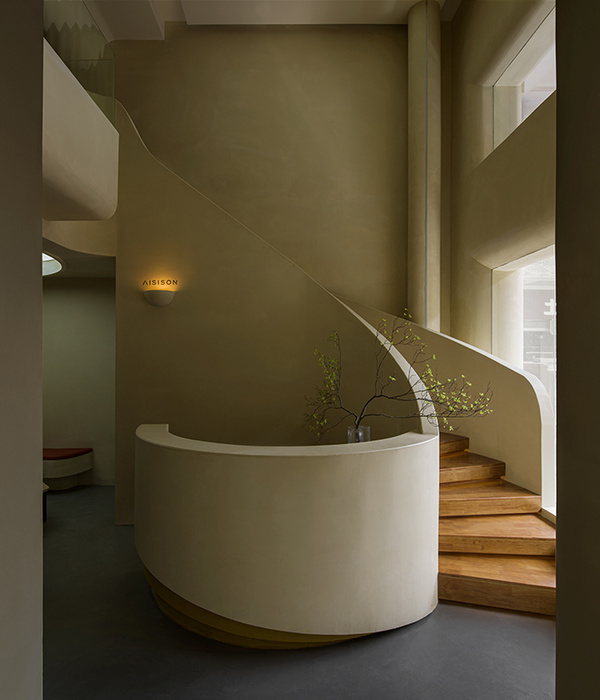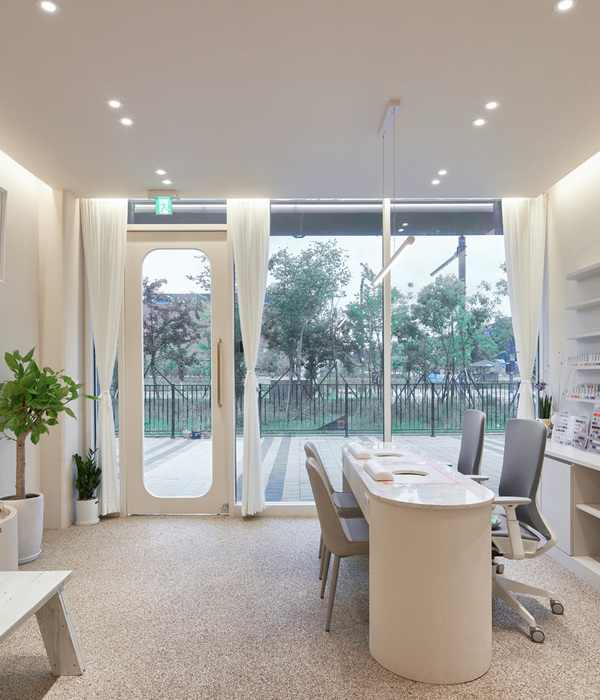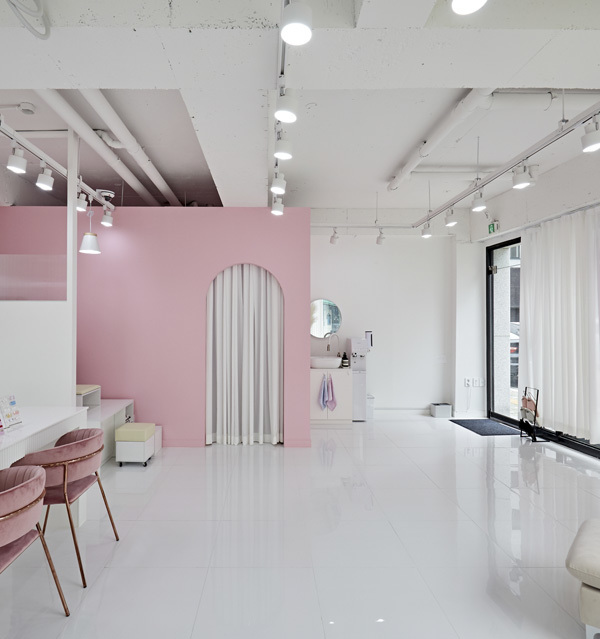For London Design Festival, Benchmark and the American Hardwood Export Council (AHEC) assign London-based cultural figures to commission established design studio to create works that will go on show at the Victoria & Albert Museum
Left, Valet, by Max Lamb, for Maria Balshaw, Tate. Right, Duo, by Terence Woodgate, for Alex Beard, Royal Opera House. Photography: Philip Sinden
As we arrive at Benchmark Furniture’s Berkshire HQ, we interrupt a breakaway interrogation of a troublesome hinge – part of an elegant design for a portable lectern drawn up by Raw-Edges’ Yael Mer and Shay Alkalay for Iwona Blazwick, director of the Whitechapel Gallery.
This is just one of ten pieces that form the Legacy project, the latest collaboration between Benchmark and the American Hardwood Export Council (AHEC). Instigated by the leading British designer John Sorrell, it sees London-based cultural figures each commission an established design studio to produce a ‘legacy’ piece (either personal or for their respective institution). The final designs will be made from American red oak and shown at the Victoria & Albert Museum in London in September, during the London Design Festival.
But first, the issue of that hinge. As members of the Benchmark team – including co-founder Sean Sutcliffe – discuss the problem with Raw-Edges, another featured designer, Sebastian Cox, walks past. Putting secrecy and rivalry aside, he is swept up in the conversation.‘That was nice, how he became part of the scenario,’ Mer comments afterwards. ‘It’s very much a makers’ attitude here, which we can relate to,’ adds Alkalay. Problem solved, each heads back to their separate section of the workshop, which is buzzing with a focused but convivial atmosphere.
The Nest, by Dallas-Pierce-Quintero (Juliet Quintero), for Sir John Sorrell, London Design Festival. Photography: Philip Sinden
‘It’s refreshing to have so many points of view,’ says Sutcliffe. ‘We’ve got ten different projects all coming together in this fevered way. We’re trying to get our heads around a lectern here, a treehouse there, a beehive, a sofa, chairs; all from diverse ways of working.’
While Cox and his team busy themselves with their project – a writer’s desk with an ‘embedded’ pencil case for Amanda Nevill, CEO of the British Film Institute, Sutcliffe leads a tour of the workshop, intermittently stopped by staff asking him about power outages and glue failures. In various states of readiness, we see Martino Gamper’s shelving unit for Tamara Rojo, artistic director of the English National Ballet, and Tomoko Azumi’s boat-inspired seat for Kwame Kwei-Armah, artistic director of the Young Vic (‘We’re calling it the dinghy’), while Marlène Huissoud grinds away at the aforementioned beehive – a ‘freeform, intuitive’ sculptural piece for Ian Blatchford, director of the Science Museum Group.
Left, Writer’s Collection, by Sebastian Cox, for Amanda Nevill, British Film Institute. Right, Fugu, by Jasper Morrison Studio, for Tristram Hunt, Victoria & Albert Museum. Photography: Philip Sinden
‘Last night we had to start the whole thing again because the glue wasn’t working,’ says Sutcliffe. ‘Just when everyone’s ready to go home you have to say, “Sorry guys, we have to load in a new load of timber and re-glue it up.” Marlène was lumping huge boards of oak that weigh over 200kg by herself, trying to get them cut. I was so impressed. It’s a good energy.’
The task of using American red oak – spearheaded by AHEC’s European director, David Venables – created its own challenges. ‘We didn’t know a lot about red oak previously,’ says Sutcliffe. ‘It’s not what you’d call fashionable in Europe, but forestry and fashion can’t be happy bedfellows: forestry has to have a hundred-year horizon, and fashion has a six-month one.’ With new tariffs dampening demand in AHEC’s traditional market of China, Venables is disarmingly frank. ‘One response to this is to look to Europe, where oak is widely used and appreciated,’ he says. ‘Europeans have heard of oak, but not red oak, so we created the Legacy project to help us inform, educate and inspire.’
After an intense week of stress-testing, the teams are learning on their feet. And the experimentation doesn’t end here. ‘It’s a different way of working,’ says Alkalay. ‘Usually when a client approaches us, they know what we do and they’ll say, “Let’s just see what you come up with.” But Iwona was very clear about what she wanted.’
‘It felt like she’d been waiting for this moment when someone would make this lectern she had in her mind,’ adds Mer. Among the specific demands were a folding mechanism that can support the weight of a heavy book, hence the hinge discussion. ‘We don’t see ourselves as industrial designers,’ laughs Alkalay. ‘We see ourselves as creating more problems than solving them. But we like experimenting – and in this case, the method was the unknown part for us. It’s exciting. You have to get out of your box, try new stuff.’
Discover more Legacy projects below
‘Wooden Hinge’, by Raw-Edges, for Whitechapel Gallery
Designed for official functions and lectures, as well as to encourage exploration of the book as a medium, this folding bookstand for Whitechapel Gallery director Iwona Blazwick supports the weight of books through a clever hinge mechanism. ‘It is made of ply and covered with the sort of canvas textile that is commonly used to cover books,’ explain Shay Alkalay and Yael Mer (pictured here) of design studio Raw-Edges. Photography: Philip Sinden
‘Musical Shelf’, by Martino Gamper, for English National Ballet
This set of modular shelves was designed to hold English National Ballet artistic director Tamara Rojo’s collection of vinyl LPs. ‘I thought I would turn the shelves at an oblique angle so that Tamara could see the covers and find what she was looking for more easily,’ says Gamper. Rather than using glue, the shelving is held together by one-sided dovetail joints. Photography: Philip Sinden
‘Au’, by Tomoko Azumi, for Young Vic
A sculptural garden seat for Young Vic artistic director Kwame Kwei-Armah, ‘Au’ is made from delicate steam-bent wood slats that recall the slave ships and vessels that brought Kwei-Armah’s ancestors from Africa via the Caribbean to the UK – as well as the book that changed his life, the autobiography of Malcolm X. It is named after the symbol for gold, a nod to the gold mines of Africa, also referenced in the seat’s shape, which echoes the precious metal’s crystal structure. Photography: Philip Sinden
‘Serpetine Postbox’, by Studiomama, for Serpentine Galleries
Enabling visitors to send postcards from the Serpentine Galleries, this postbox draws from its artistic director Hans Ulrich Obrist’s passion for collecting postcards. Obrist is starting what he calls ‘a small movement’ to save the art of handwriting from dying out, something that fired designer Nina Tolstrup’s imagination: ‘We found it really inspiring to think of a postbox as not just a place where you post bills, but that is also about poetry and writing longhand.’ Photography: Philip Sinden
‘Writer’s Collection’, by Sebastian Cox, for British Film Institute
Created for Amanda Nevill, chief executive of the British Film Institute (BFI), this desk, chair and embedded pencil case is centred around the theme of writing. Nevill still writes letters by hand using an ink pen, and her conversations with Cox developed into a site-specific piece that will sit in the BFI‘s mezzanine, where ‘it will become a writing station for emerging film-makers and writers, who will be encouraged to leave a record of what they were working on’, says Nevill. Photography: Philip Sinden
‘Beehave’, by Marlène Huissoud, for Science Museum
Designed for the Science Museum Group director Ian Blatchford, this working beehive will eventually be displayed in the museum’s new agriculture-themed gallery. The daughter of a beekeeper, Huissoud was keen to produce a piece that would ‘open up a dialogue around biodiversity and sustainability’. She worked with the Benchmark team to develop scorching and charring techniques for her minimalist design. ‘You expect to see lots of machinery in a science museum, but not something so profoundly organic,’ says Blatchford. Photography: Philip Sinden
A version of this article originally featured in the October 2019 issue of Wallpaper* (W*247)
{{item.text_origin}}

